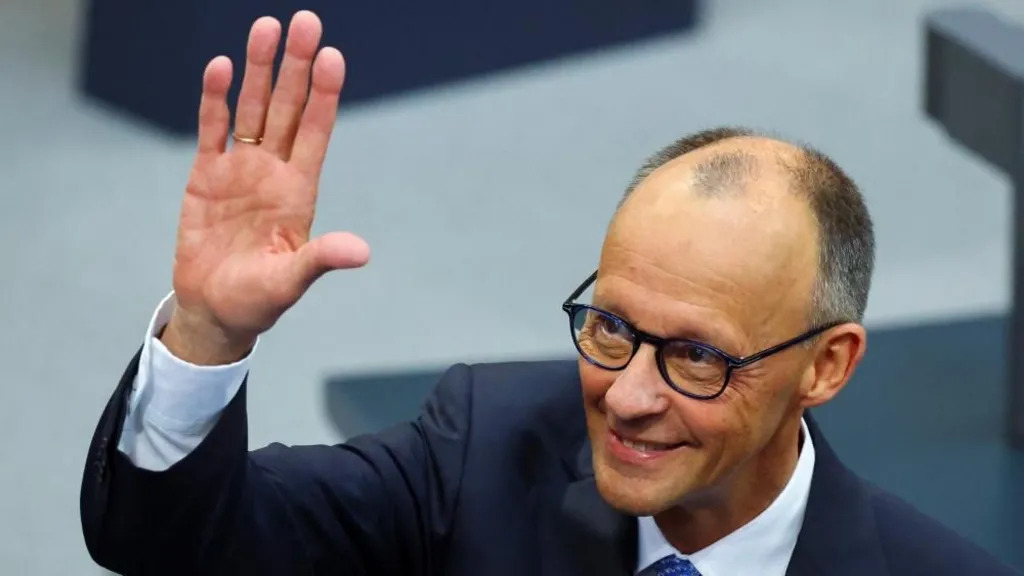MONETARY policy has its limitations. This was the message on Monday from Reserve Bank governor Tito Mboweni and deputy governor Xolile Guma.
In a speech to the Road Freight Association convention in Vanderbijl Park, Mboweni called for structural reforms ‘to get economies going again’.
Crisis interventions by states and central banks had diverted attention from the role of other policies and ‘monetary and fiscal policies have to be supplemented with other policies’.
Guma told the IPM annual business conference in Durban that monetary policy could not ‘provide easy finance for SMMEs (small medium and micro enterprises); secure guaranteed employment for all job seekers, including graduates of tertiary institutions; (or ensure) full capacity utilisation for airline companies, unlimited connections for the cellularless and infinite airtime for the connected.
‘Those who attend monetary policy forums held by the Reserve Bank have heard requests, indeed demands, for such interventions at various times,’ said Guma.
What monetary policy could achieve, he said, was to ‘prevent money itself from being a major source of economic disturbance and provide a stable background for the economy’.
He explained the benefits of stable prices.
‘Entrepreneurs can plan and act, savers can save without fear that their savings will be wiped out by inflation, and borrowers can borrow in orderly markets at interest rates that are not unduly raised by inflation risk.’
Commenting on the state of the local economy, Mboweni confirmed that gross domestic product (GDP) shrank in the first quarter.
But he said: ‘The general view is that the worst is probably behind us and that things might start to improve slowly in the coming months.
‘The latest consensus surveys indicate that growth is expected to be low, but positive in the final two quarters of this year, and to recover to about 2,7 per cent next year.’
Mboweni described recent developments affecting South Africa’s major trading partners.
In the first quarter, GDP in the US and the UK shrank by 6,1 per cent and 7,4 per cent, respectively. In the fourth quarter of last year, Japan contracted by 12,1 per cent, the euro area by 6,3 per cent and, within the euro area, Germany contracted by 8,2 per cent.
However, he said: ‘There are tentative signs that the global economy may be responding to the co-ordinated monetary and fiscal policy stimuli and that the worst of the contraction may be behind us.’ -Business Report
Stay informed with The Namibian – your source for credible journalism. Get in-depth reporting and opinions for
only N$85 a month. Invest in journalism, invest in democracy –
Subscribe Now!










